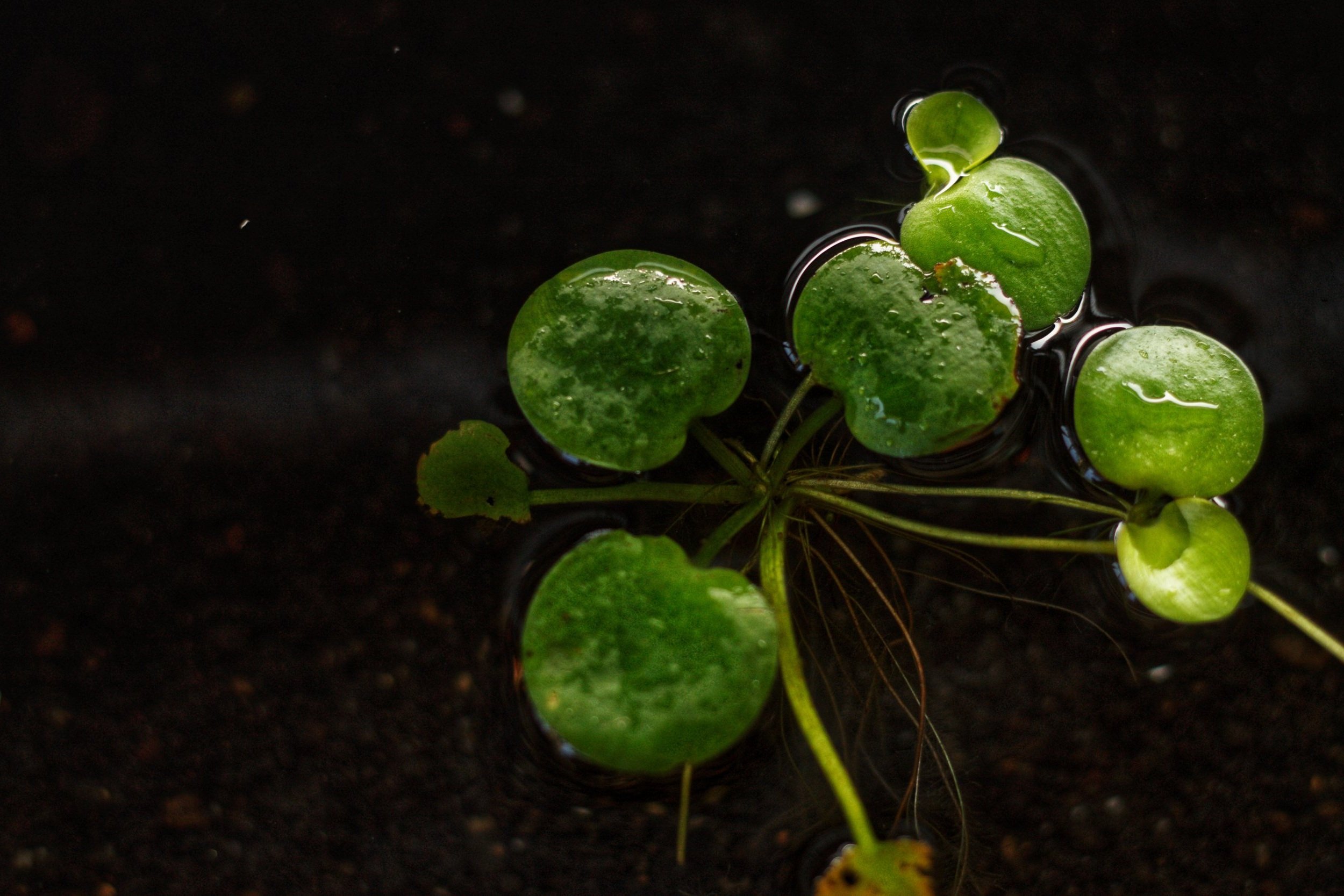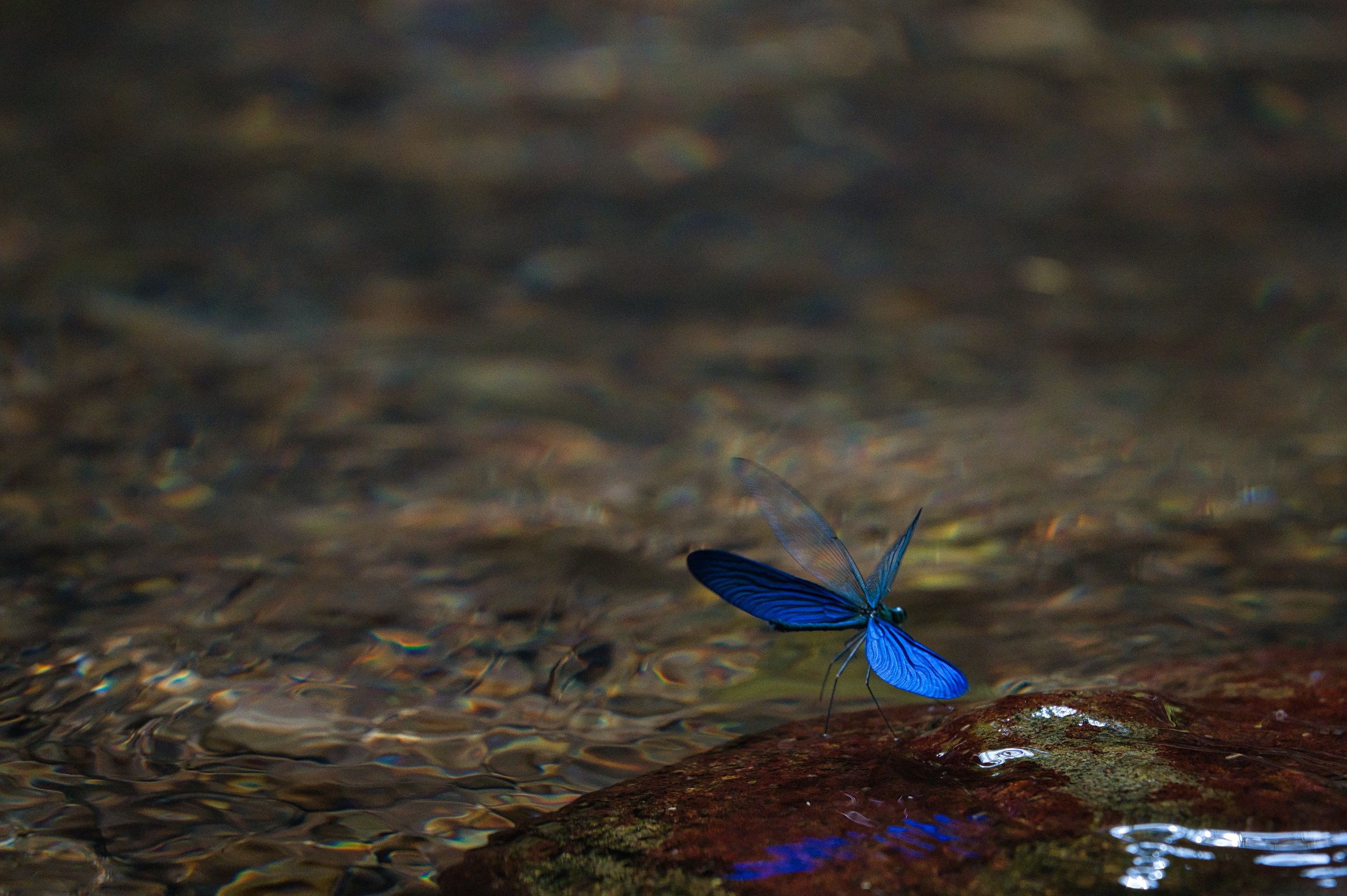
Why do populations of plants and animals rise and fall over time?
We address this question to improve scientific understanding, environmental management, and biodiversity conservation.

Our work
We are biologists. Our research revolves around three themes:
DRAMATIC ECOLOGY Ecological systems mostly just ‘bubble along’ in the background… until they don’t. Populations unexpectedly crash or explode, and whole ecosystems sometimes turnover, often with devastating effects. Our lab is identifying, understanding, and predicting these kinds of large, rapid, sometimes unprecedented, and often consequential changes in the rise and fall of animal and plant populations.
EVOLUTION MEETS ECOLOGY Ecological explanations for the rise and fall of populations include species interactions and environmental fluctuations such as those driven by weather and climate. But ecologists long ignored the effects of rapid evolution on ecological dynamics. Our lab is quantifying how rapid evolution in response to species interactions and environmental fluctuations fundamentally changes our understanding of the rise and fall of animal and plant populations.
ECOLOGY FOR CONSERVATION (and chocolate). A major goal of our work is to identify threats and solutions for conserving biodiversity in a human-dominated world. Because agriculture is one of the most important threatening processes, we focus on developing solutions for better reconciling agricultural production with the conservation of biodiversity - with lots of benefits for people and the climate too.
Freshwater ecosystems
We tend to focus on the biology of freshwater ecosystems — streams, rivers, and wetlands. These systems provide wonderfully challenging opportunities for combining theory, observations, and experiments to discover how nature works.
More importantly, freshwater ecosystems are, per unit area, one of the most biodiverse ecosystems on the planet, and yet they remain underexplored, underappreciated, and under threat.
We hope our work can help to redress these issues.
Our motivation
UNDERSTANDING We believe that leaving life as a mystery is unsatisfying at best and neglectful at worst. In fact, we believe something much more positive: that lifting just the edge of the veil on the mysteries of life around us can be a deeply meaningful, and very human, adventure.
CONSERVATION Scientific evidence makes it clear that the diversity of life has been, and continues to be, diminished enormously as a consequence of the (astonishing) human enterprise. We believe that diminishing the diversity of life diminishes – if not threatens – human experience. As biologists, our role in the biodiversity crisis is to bear witness, and to use science to identify and improve opportunities for conservation.



